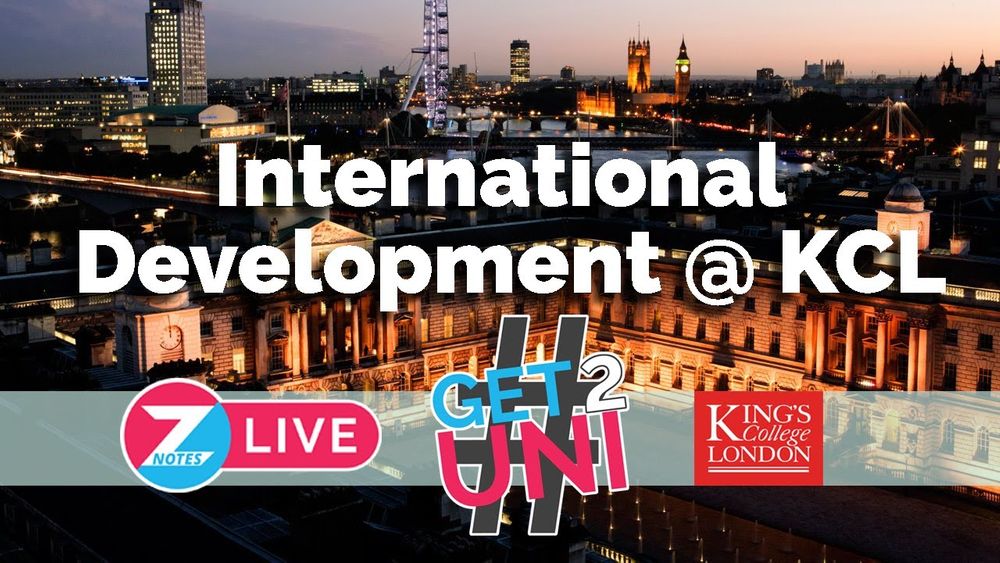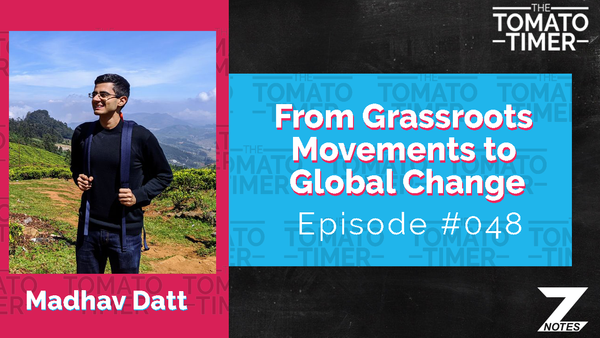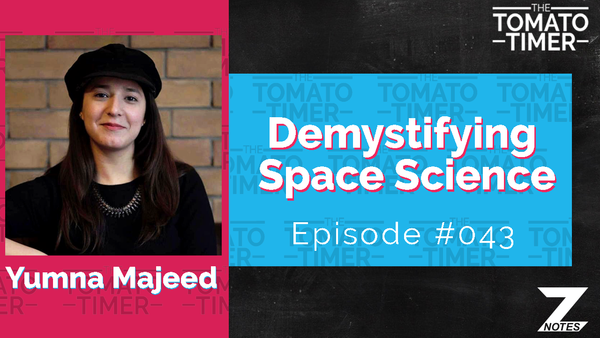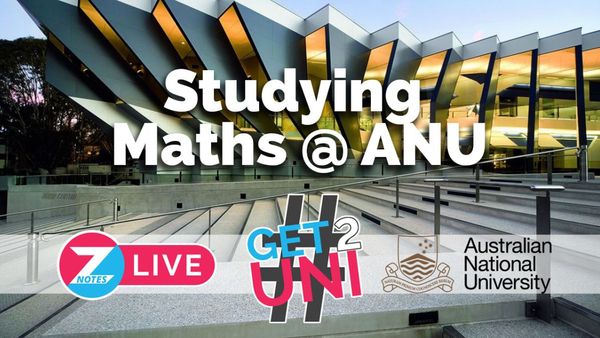#Get2Uni: International Development at KCL
International development is a relatively less chosen course option, probably due to the lack of exposure to numerous programs available to us. In simple terms, the course adopts a multidisciplinary approach with the likes of anthropology, sociology, economics, politics, and related areas.
Its focus lies on emerging economies of developing countries, analyzing why they find themselves in the situations they do, and empirically working towards bringing change, incorporating inclusivity, and productivity in your methods.
It challenges our notions of how we look at the world's problems and view development. And while questioning ourselves is likely to lead to skepticism, the tiring effort seems to be rewarding in the end as you progress towards grassroots movements and can concretely envision positive social impact.
The transition to academic writing, something that is a comprehensive part of International development, could be difficult, more so if you are used to writing oppositely. King's College offers writing support to aid you through this shift.
It also has a supportive community of international students studying this course, and you may want to organize study groups to be with people who understand where your place. Apart from that, know your audience, which in this case is your professors. Don't hesitate to clarify any questions you have, however silly they may sound.
The course generally lasts for three years. The first year covers core modules (socio-political analysis, economics, history of the global economy, and introduction to development studies) and general theories in those areas.
In the second year, you will be able to apply these concepts to specific regions and understand how they kickstarted their economies or stagnated. You may choose a four-year course with global mobility that gives you an option to study abroad after the second-year, allowing you to analyze the region you studied.
Once you graduate, there is no singular idea of the path you undertake further. You could choose to develop your academic interests and pursue post-graduation, or you can apply your skills to the real-world context. From charities to start-ups, from undertaking financial operations in an MNC to framing global policies at the UN, there is no singular notion to abide.
International development collaborates in various academic areas, and unless you are interested in it, you won't be able to learn anything. Know what international development means to you. Or if that is something that you care about. What do you want to make of it?
Of course, it is okay not to know answers to all of these right now, and whatever you arrive it can change once you delve into it. But it's always good to have a clear picture so that you can make informed decisions for yourself.
You can find out more about International Development at KCL here.




